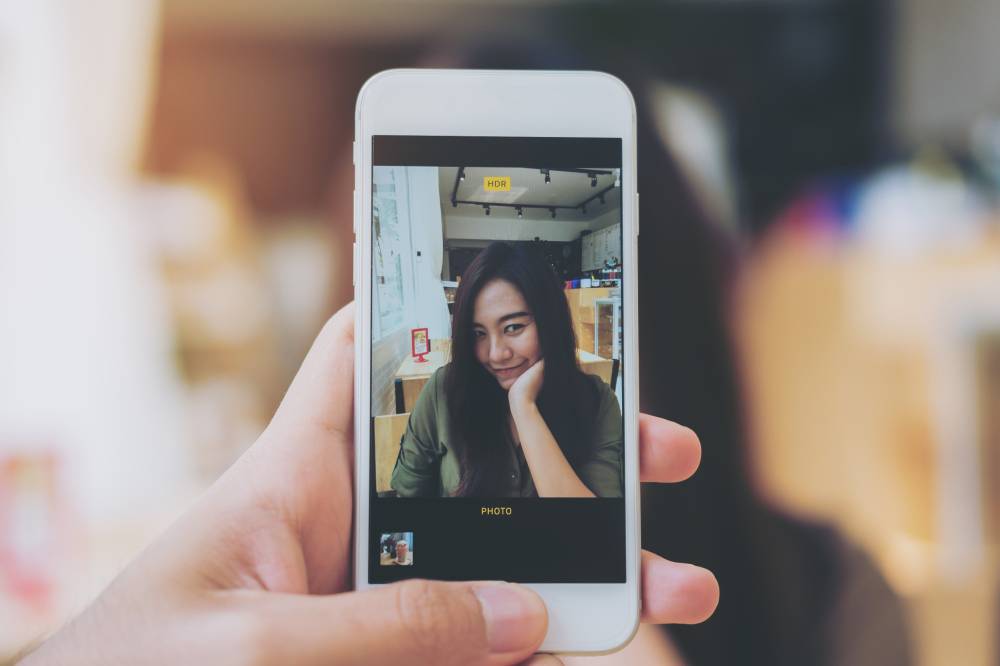Unfiltered truth: Can filters, photo editing tools impact your mental health?
Excessive picture editing or using filter could indicate low self-esteem, body dysmorphia or social anxiety.
SHARIFAH SHAHIRAH
SHAH ALAM – In the digital age, the rise of social media has ushered in an era where self-expression and connection are just a tap away, transforming the way we interact and present ourselves to the world.
The convenience on social media platforms like Instagram and TikTok had also given birth to a pervasive trend – the use of filters and photo editing tools to enhance personal images.
While these tools offer creative freedom and fun, they also raise critical questions about authenticity, self-esteem and societal standards of beauty, leading experts to warn that the widespread photo editing and filter usage could have unintended consequences.
International Islamic University of Malaysia (IIUM) associate professor Dr Hijaz Ridzwan pointed out that those who heavily depend on editing or adding filters to their social media pictures might be coping with underlying psychological issues or insecurities.
He said excessive use of these tools could indicate low self-esteem, body dysmorphia or social anxiety.
"While not all users of editing applications have mental health issues, a consistent and intense reliance on them could suggest an unhealthy preoccupation with one's appearance and how one is perceived by others," he told Sinar Daily.
For those who use edited photos for criminal purposes such as identity theft or catfishing, Hijaz said this could have severe psychological implications on the victims of such crimes as they might experience significant stress, anxiety and a profound sense of violation.
He said for the perpetrators, engaging in such activities could indicate a deeper psychological issue such as a lack of empathy, a desire for control or other antisocial tendencies.
He added that the deception can also lead to long-term trust issues and psychological trauma for the victims.
Meanwhile, Malaysian Society of Clinical Psychology president Joel Low said that editing photos out of insecurity could heighten anxiety about self-presentation.
“It is akin to telling a lie. When you tell a lie, you have to go to greater lengths to maintain it. The same applies here: misrepresenting yourself with one image means you must continue the façade to avoid being found out, leading to major stress,” he said when contacted recently.
Low said that striving to be something you were not could be anxiety-provoking and might be physically harmful.
When asked if editing photos indicated mental instability, Low strongly rejected the idea, believing insecurities were the main contributing factor.
He added that it was a bit of a stretch to say individuals who edited photos have psychological issues.
"While a small subset might have body dysmorphic disorder, affecting about one per cent of the population, it's unlikely to be the primary reason people edit photos.
“Wanting to look better or different can simply be a desire, not a sign of instability," Low compares it to wanting a nicer car or a better job.
He stressed that people engage in activities like putting on makeup, wearing nice clothes, or buying cars to enhance their appearance or feel good about themselves.
However, when individuals are blamed for the misuse of their edited photos, it tends to exacerbate anxiety.
“As for the mental health concerns like body image issues and accepted or expected perceptions of beauty are definitely concerning.
“When society sees an edited post as an achievable ideal and should be the norm, then we would be putting a lot of people in danger,” he said, adding that the impact extends to the audience as well.
Low noted that discovering a facade can be devastating, especially on the internet, where backlash can be severe.
He references an article about an international socialite who used a corset to achieve a certain body shape, only to experience severe discomfort. Despite this, many people used her image as a template for ideal body shapes.
He stressed that celebrities and influencers bear a responsibility to their fans and followers, given their significant sway and influence.
Low said that being comfortable enough to share behind-the-scenes photographs could be incredibly beneficial as it allows fans to understand that many posts and videos were staged for a specific purpose or moment and were not meant to be permanent representations.
He advises families to check on loved ones for signs of concern.
"If there's a noticeable change in social behaviour or significant alterations in daily habits, it is usually a cause for concern.
"Reaching out is the best initial step. Based on their reaction—whether denial, anger, or acknowledgment of needing help—we can develop a plan to assist them," he said.
Low advises inquiring about their intentions behind photo editing, suggesting that it isn't always negative.
When done recreationally or for artistic purposes, he said, it could be a positive and enriching experience.
“From there, people can determine how to offer support, whether through psychological help or introducing workout programmes or diet plans,” he said.












